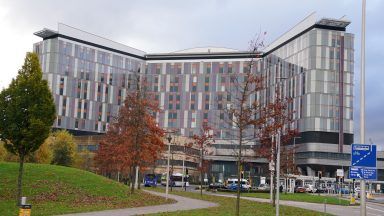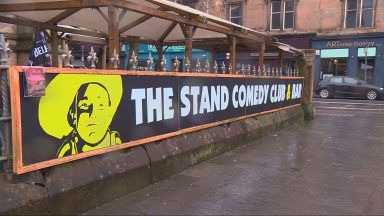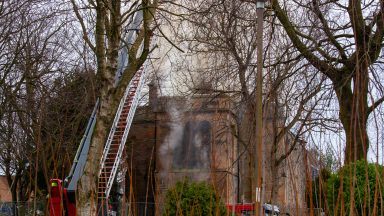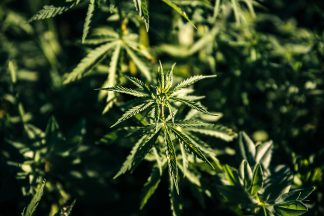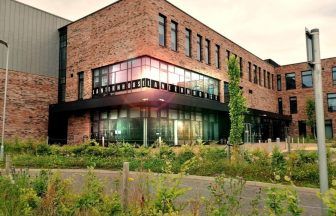More than 250 new food growing plots are being created across Glasgow amid high demand for allotment spaces.
Backed by funding totalling almost £419,000, they will be built in places such as parks, disused bowling greens, derelict sites and within the grounds of community venues.
Some allotments are also being expanded under the council’s food growing strategy. It aims to give Glasgow residents more options to grow their own fruit and vegetables.
The council reports applications for spaces in allotments rose significantly during the Covid-19 lockdown.
Cllr Anna Richardson, city convener for sustainability and carbon reduction, said the strategy is a “hugely important part of our ambition for Glasgow to become one of the most sustainable cities in Europe”.
“There is a great passion for food growing in Glasgow and that has been on the rise during lockdown,” she said.
“On a very basic level people enjoy being outdoors, tending to their plots, and interacting with fellow growers, as it is good for their physical and mental health.
“But local food growing can also ensure more cheap, fresh and nutritious produce is consumed in Glasgow and that can help to reduce the carbon footprint created by the city’s food system.”
Despite the pandemic, work has started at several locations, including a Growchapel project in Drumchapel and new spaces on the site of the former changing rooms at Queen’s Park recreation ground.
A further 170 sites have been identified as potential food growing areas and the council has set up a digital mapping tool, showing the sites and providing information on how to start growing.
Cllr Richardson, who recently visited newly expanded allotments in Mansewood Park, said: “A huge amount of effort has already gone into bringing the food growing strategy to fruition. It’s fantastic that we are now in a position to break ground on sites across Glasgow to allow growing to begin in earnest.
“I am sure we will see new growing plots all across Glasgow flourishing in the very near future.”
In this year’s budget, the council allocated £200,000 for food growing while £218,750 will come from developers’ contributions.
A list of projects identified by the council can be found here.
By local democracy reporter Drew Sandelands
Follow STV News on WhatsApp
Scan the QR code on your mobile device for all the latest news from around the country


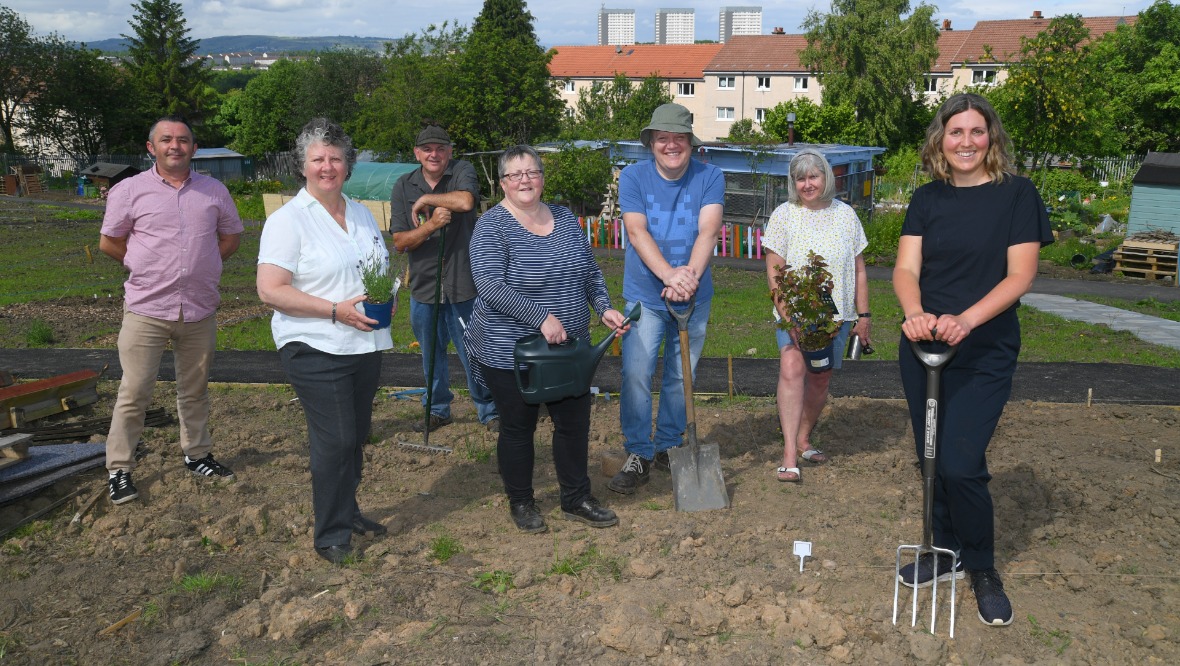 STV News
STV News




